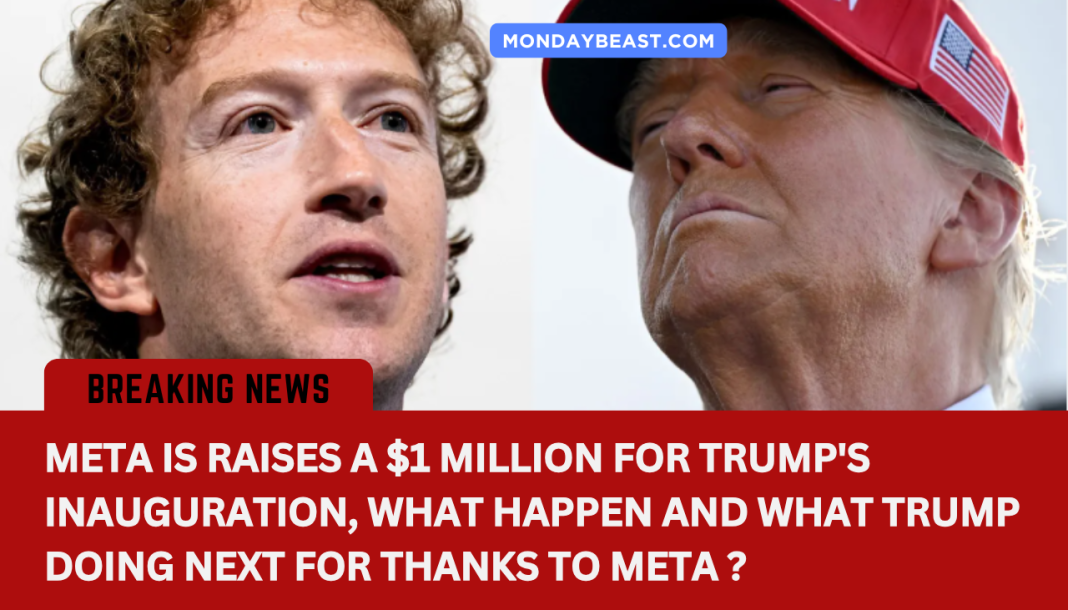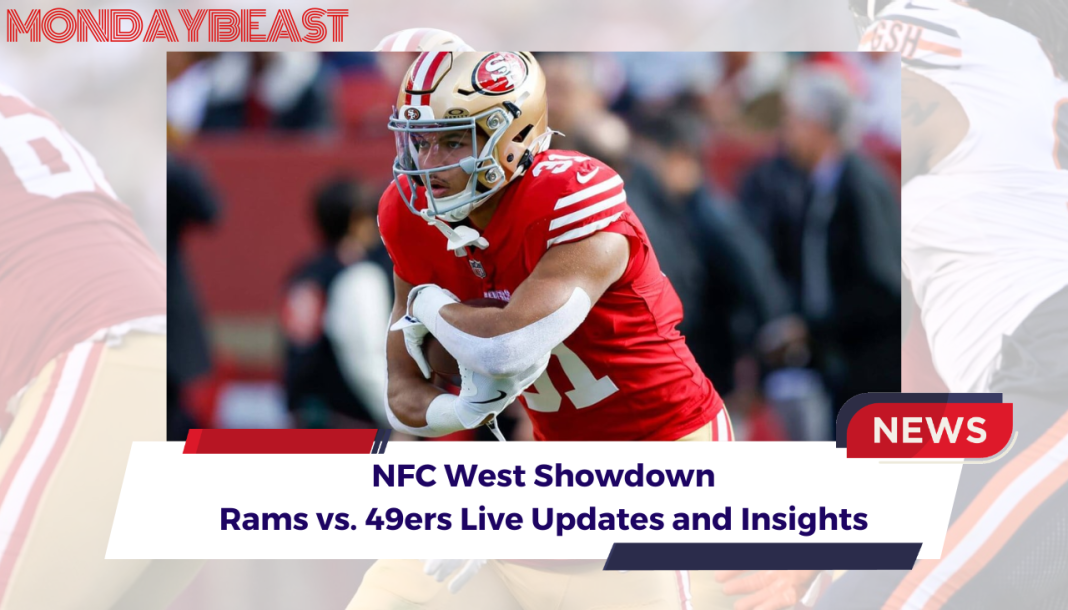In a shocking turn of events, Meta has pledged $1 million to Donald Trump’s upcoming inauguration. This donation marks a significant political maneuver from one of the world’s most influential tech giants. After years of avoiding direct involvement in presidential races, Mark Zuckerberg’s company is now stepping into the political spotlight.
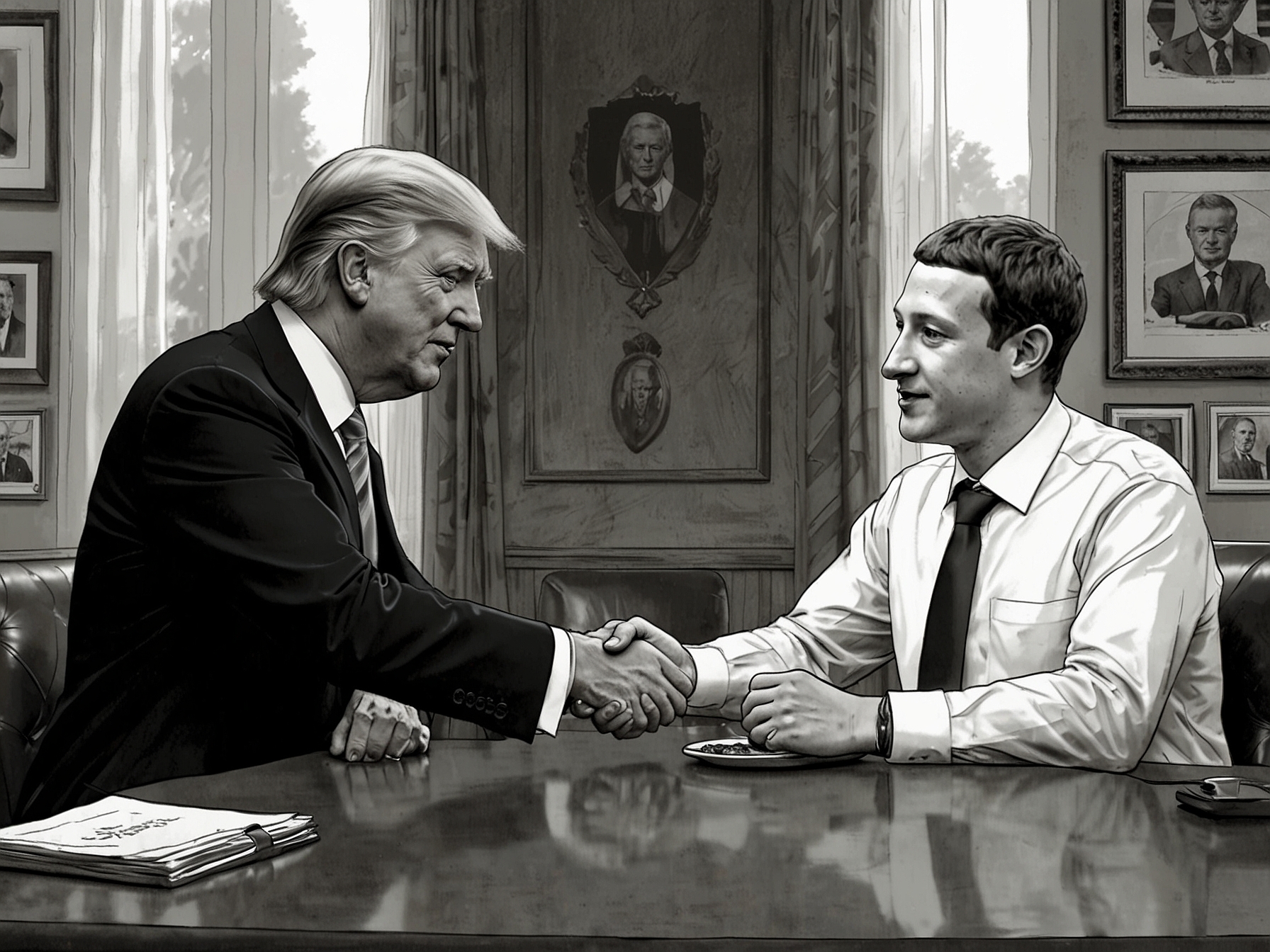
Following the 2020 elections, many tech leaders adopted a cautious stance towards Trump. Remember the intense debates surrounding misinformation and the Capitol riots? Zuckerberg even faced backlash for banning Trump from Facebook and Instagram. Fast forward to November, when Zuckerberg dined with Trump at Mar-A-Lago. What could have prompted such a dramatic shift?
Reportedly, the donation was confirmed shortly after the exclusive dinner. The Wall Street Journal cited multiple sources familiar with the arrangement. This upcoming inauguration, amid a politically charged environment, is poised to be a spectacle of grand proportions. Why the sudden willingness to invest in politics now? Is it a strategic move, or simply a desire to reconnect with power?
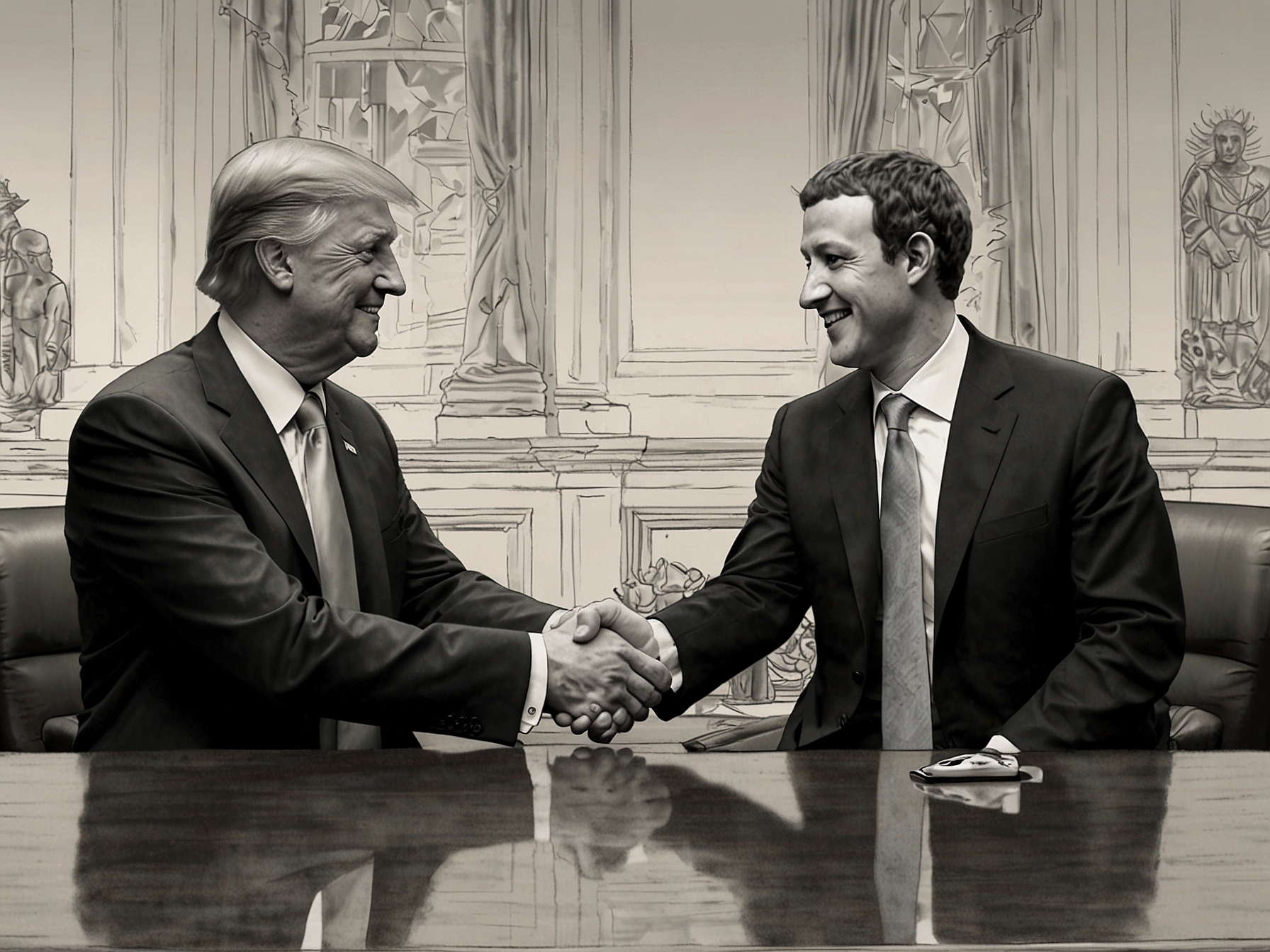
Traditionally, large contributions to inauguration funds help donors gain access to exclusive events. Zuckerberg’s gift introduces Ray-Ban smart glasses to Trump. Is this interplay between technology and politics becoming too interwoven? The implications certainly raise questions about influence and responsibility as technology continues to shape our political landscape.
Zuckerberg’s previous political donations were diverse, supporting candidates from both parties. But what does this say about the role of tech billionaires in elections? Are they acting out of civic duty or self-interest? After all, Zuckerberg did not contribute to Trump’s first inauguration. He also stayed out of Biden’s inaugural festivities.
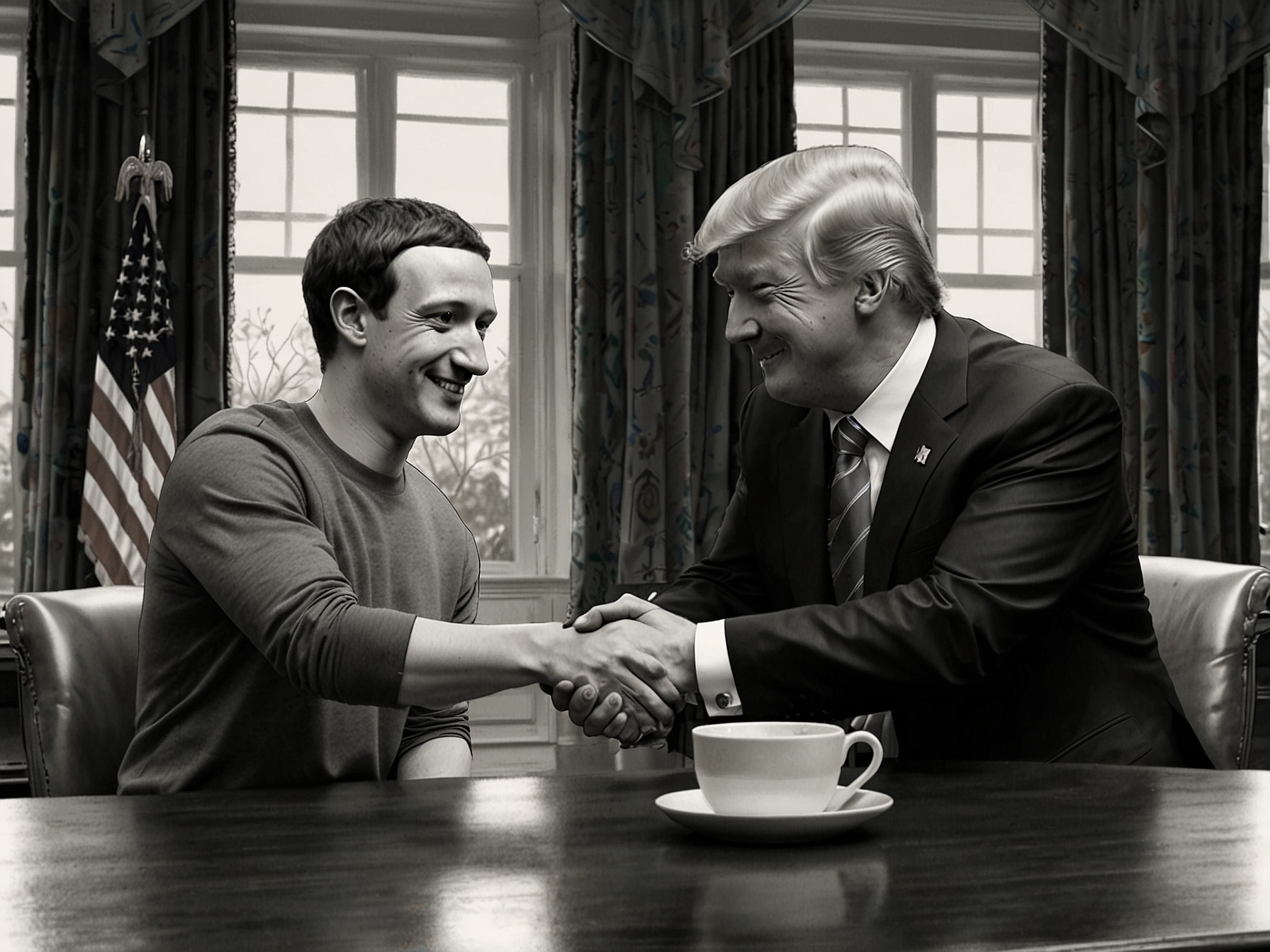
It’s worth examining the timeline. Only recently, Meta voiced its intent to curb election-related donations and tweaked its algorithms to lessen political content on its platforms. The landscape seems ever-changing, and the narrative is becoming intricate. So how can we interpret these actions? Is Meta aligning itself more closely with Trump now than ever?
The historical context shows a complex relationship between tech giants and political figures. During Trump’s first term, many in Silicon Valley were cautious, even suspicious. Yet, post-election, Zuckerberg congratulated Trump and praised his response to the assassination attempt in Pennsylvania. And now, here we are, witnessing Meta’s overt support just ahead of another contentious election. What happens next?
As the 2024 race heats up, the stakes feel higher than ever. Meta’s decision echoes broader questions about the intersection of technology and democracy. Are tech firms nurturing or undermining the democratic process? With Zuckerberg at the helm, the botched narrative of influence is reconvening.
In this evolving narrative, one must ponder: Are we prepared to see technology take such a central role in our political sphere? As Meta steps boldly into this arena, the implications for voters, politicians, and the tech industry remain critical. How will we navigate the new reality where technology and politics are so closely intertwined?

